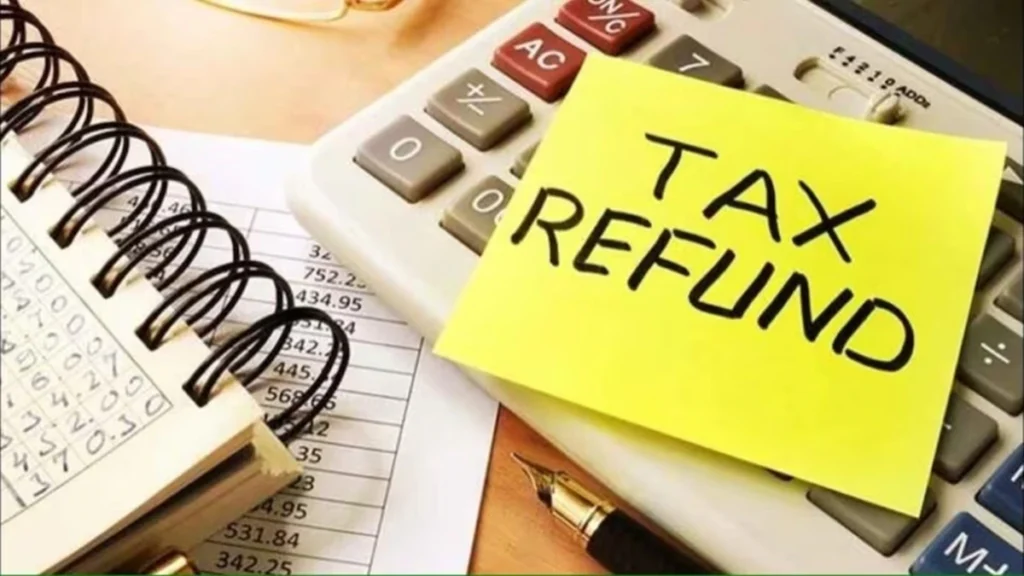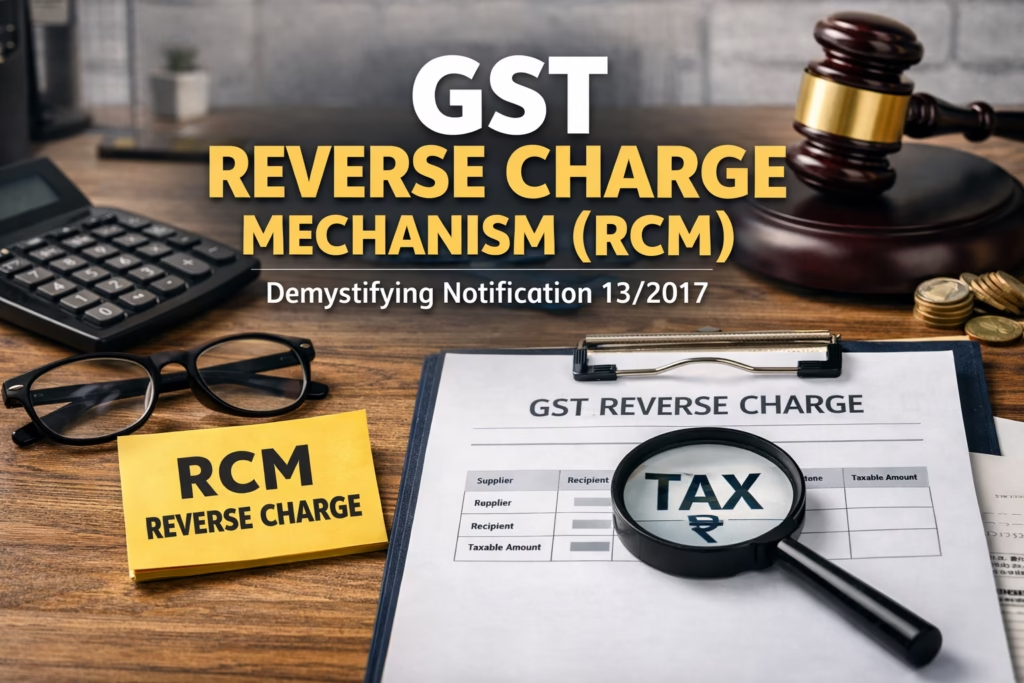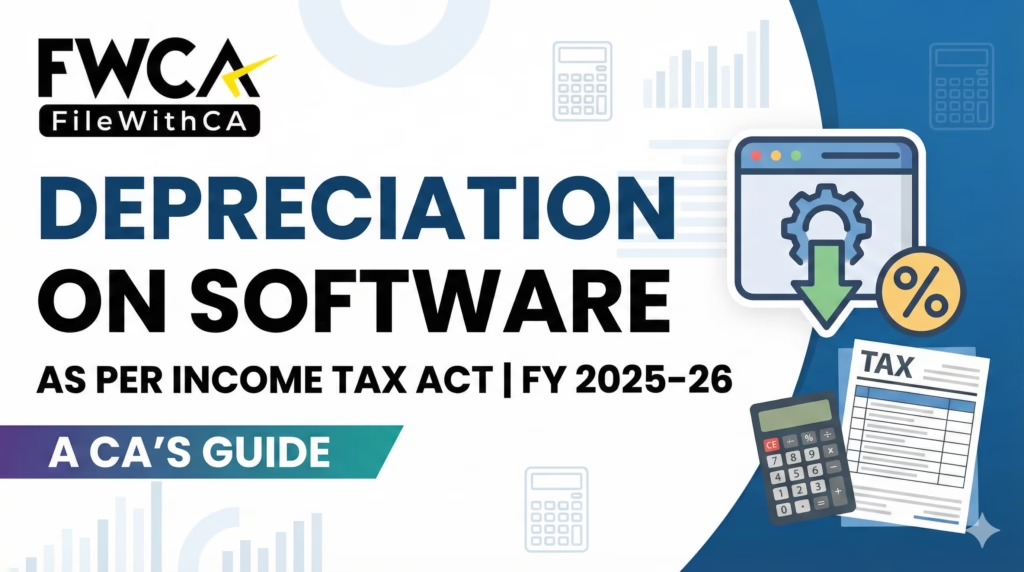How Many Days It Takes for ITR Refund? A Comprehensive Guide 2023

Receiving an Income Tax Refund (ITR Refund) can be a welcome relief for taxpayers, especially after diligently filing their income tax returns. However, the processing time for ITR refunds can vary depending on several factors. In this article, we will explore the factors influencing the duration of ITR refunds, estimated timelines, basically you will know exactly how many days it takes for ITR refunds, along with frequently asked questions to help taxpayers understand the process better.
Factors Influencing ITR Refund Time
- Filing Method: E-filing tax returns typically result in faster processing and quicker refunds compared to physical filing.
- Accuracy of Information: Incorrect or incomplete details may lead to delays in the refund process.
- Scrutiny or Verification: Random checks or specific cases flagged for verification can extend the refund timeline.
- Refund Method: Choosing direct credit to a bank account instead of a paper check can expedite the process.

Estimated Timelines
- Quick Refunds: In cases where the taxpayer’s return is straightforward, with no discrepancies, the refund can be processed within 20 to 45 days.
- Scrutiny Cases: For returns selected for verification, the refund process may take around 60 to 90 days or more.
- Refund Reissue: In instances of failed credit or incorrect bank details, the taxpayer may receive the refund within 30 to 60 days from the reissue request.
FAQs
Q1: How can I check the status of my ITR refund?
A: Taxpayers can track their refund status on the official Income Tax e-filing website or via the TIN-NSDL portal using their PAN and assessment year details.
Q2: Will the interest be provided on delayed refunds?
A: If the refund is not processed within a specific timeframe (usually 90 days from the return filing date), the taxpayer may receive interest on the refund amount.
Q3: Can I request a refund reissue if the credit fails?
A: Yes, taxpayers can raise a refund reissue request through the e-filing portal, ensuring accurate bank account details are provided.
Q4: Are any reasons for the delay in ITR refunds?
A: Delays can occur due to discrepancies in income and tax details, failure to link Aadhaar or cases flagged for verification.
Q5: Is there a way to expedite the refund process?
A: Ensuring accurate and complete information while filing returns, e-verification, and choosing the direct credit method can help expedite the refund process.
Conclusion
While the processing time for ITR refunds can vary depending on several factors, taxpayers can proactively expedite the process by ensuring accurate and complete filing, opting for e-filing, and providing correct bank details. For any concerns or delays, taxpayers can use the official e-filing portal to track the refund status. Remember that patience and accuracy during the filing process can lead to a smoother and faster ITR refund experience.







Leave a Reply